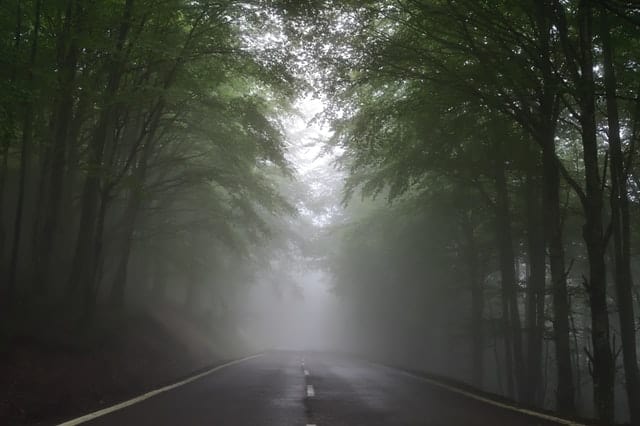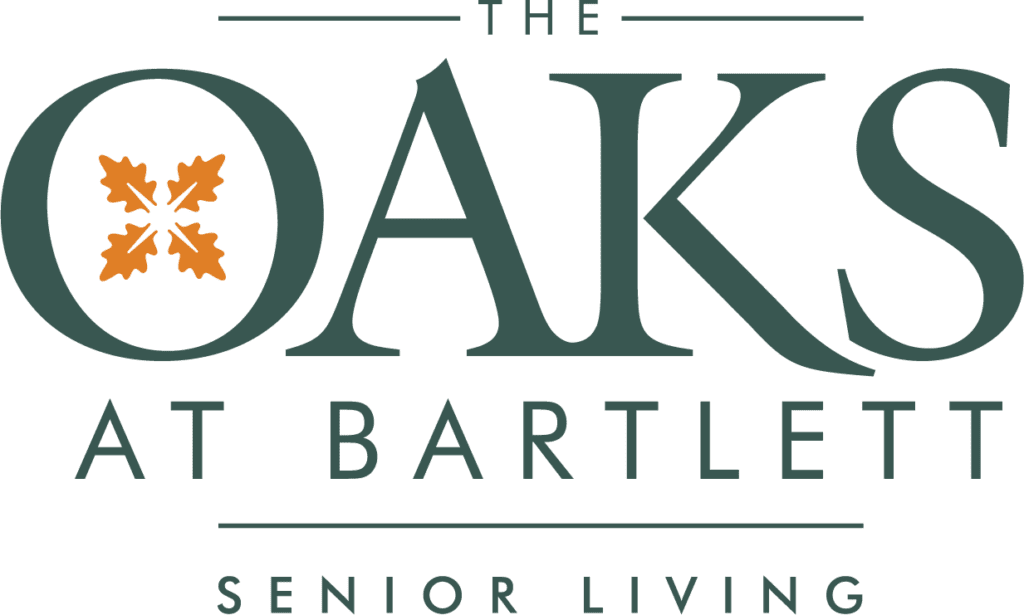Adapting to changing restrictions due to surge in COVID-19
As Illinois experiences record-breaking, day-over-day increases in new cases of COVID-19 during early November 2020, senior living communities often decide to quickly change how residents live their daily life. The goal, of course, is to mitigate the spread of the virus among residents and staff members. These changes may feel as if they foster too much isolation, which is a threat to the physical, cognitive and social well-being of older adults. Their intent, however, of communities like The Oaks at Bartlett, is to not only respond to the occurrence of new cases within their communities but also to comply with mandated restrictions due to sustained surges in their region.

Fear and Anxiety
Coping with isolation takes a lot of emotional energy. Fearing infection from the virus when we interact, understandably, increases our anxiety. It’s important to acknowledge these feelings are reasonable, even to expect them.
But there are several ways to cope with spending more time alone. Communication is key. Senior living communities have mobilized their Life Enrichment teams to organize small group activities designed to observe all social distancing and mask-wearing precautions. Some programs have moved to in-house TV channels. Many assist with setting up Zoom, Skype, FaceTime and other software so residents can connect with families and friends.
Residents, who know first-hand the power of resilience, can once again take the initiative to tackle those projects that have languished in a drawer or on a shelf. They also might take advantage of this “down time” to finally explore a new hobby or take up a favorite pastime they set aside because they were too busy with myriad activities in their community. And, of course, something as simple as making a phone call to a friend or relative will brighten everyone’s day.
The pandemic has increased anxiety for many people or made existing mental health issues worse. When residents and staff may be asked to abruptly make changes they may experience they lack control over their own life. So it is important to find ways to find respite and peace by taking walks outdoors if it is safe to do so to enjoy the beauty of nature.
Coping with Uncertainty
We’ve all heard references to the “new normal,” but the reality is that “normal” continues to change, creating an environment of uncertainty. Dealing with the unknown is uncomfortable for many people. It’s going to continue to be challenging to predict what the holidays and even the next year will bring.
The good news is the pandemic has tested us in ways we never imagined, and most people have found ways to manage. The pandemic has challenged values and what we deem essential. The life, values and attitudes we had in early March 2020 might not be those we want to carry forward in our lives. The pandemic may provide opportunities for us to make positive changes in our lives as well.
Anticipating a return to a Social Life
Over the past several months, we’ve had to adapt to a new lifestyle that has required most people to stay at home. It’s been a struggle, even for homebodies. The good news (relatively speaking) is that scientists have determined that humans are a highly adaptable species. That’s given us an edge and allowed us to cope with isolation, and even become comfortable in isolation. Although we can adapt, humans also are inherently social beings who thrive on socialization.
The Oaks at Bartlett continues to take precautions to mitigate the spread of COVID-19 in its community. When it is critical to add restrictions, residents and staff members know the reasons. During times when residents spend more time alone, staff members are vigilant not only about observing any symptoms of the virus but also about the need for socialization. A tight-knit community like The Oaks at Bartlett demonstrates how its traditions of community and faith-filled spirit makes it as strong as an Oak tree—especially when tested.
